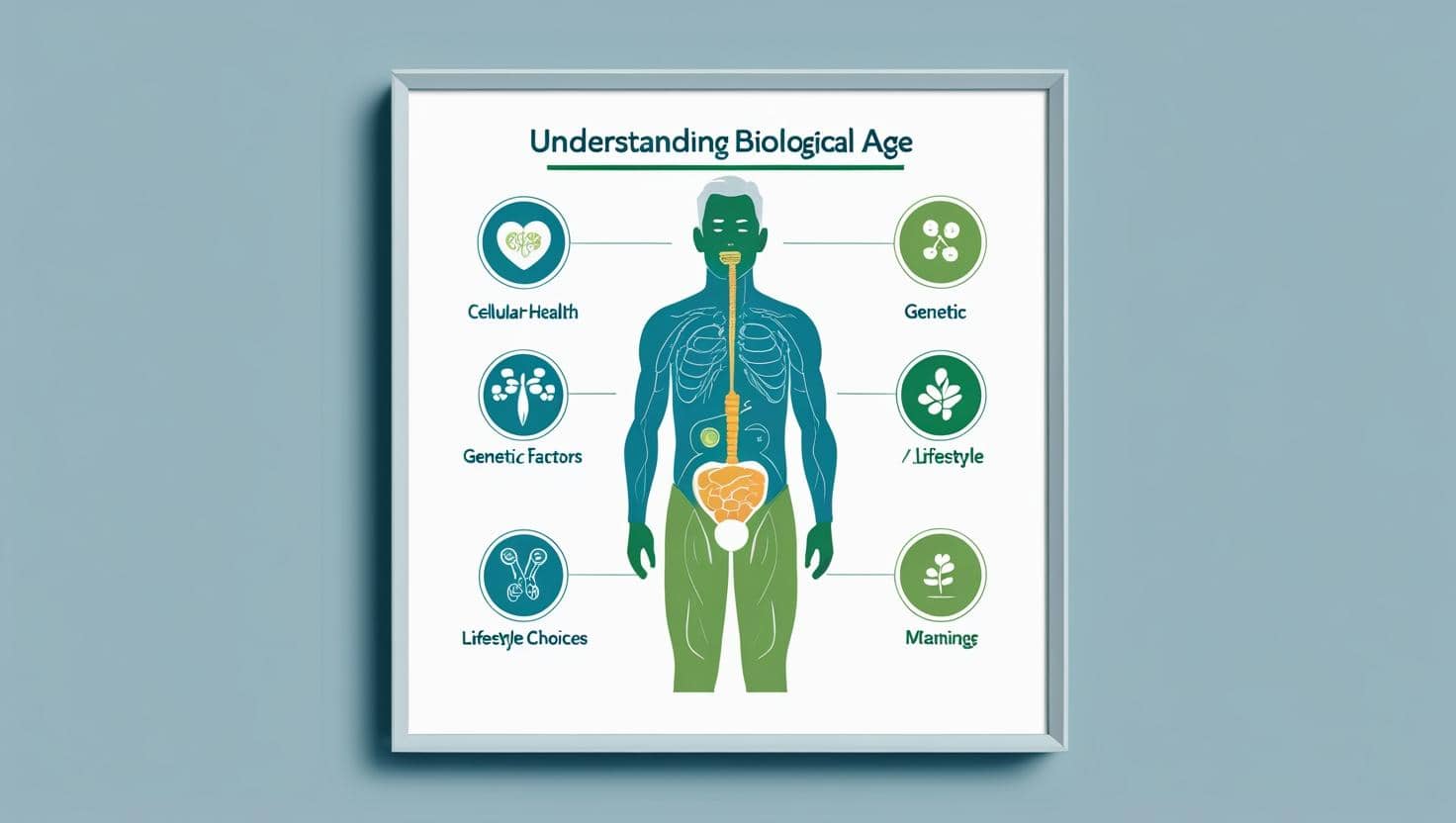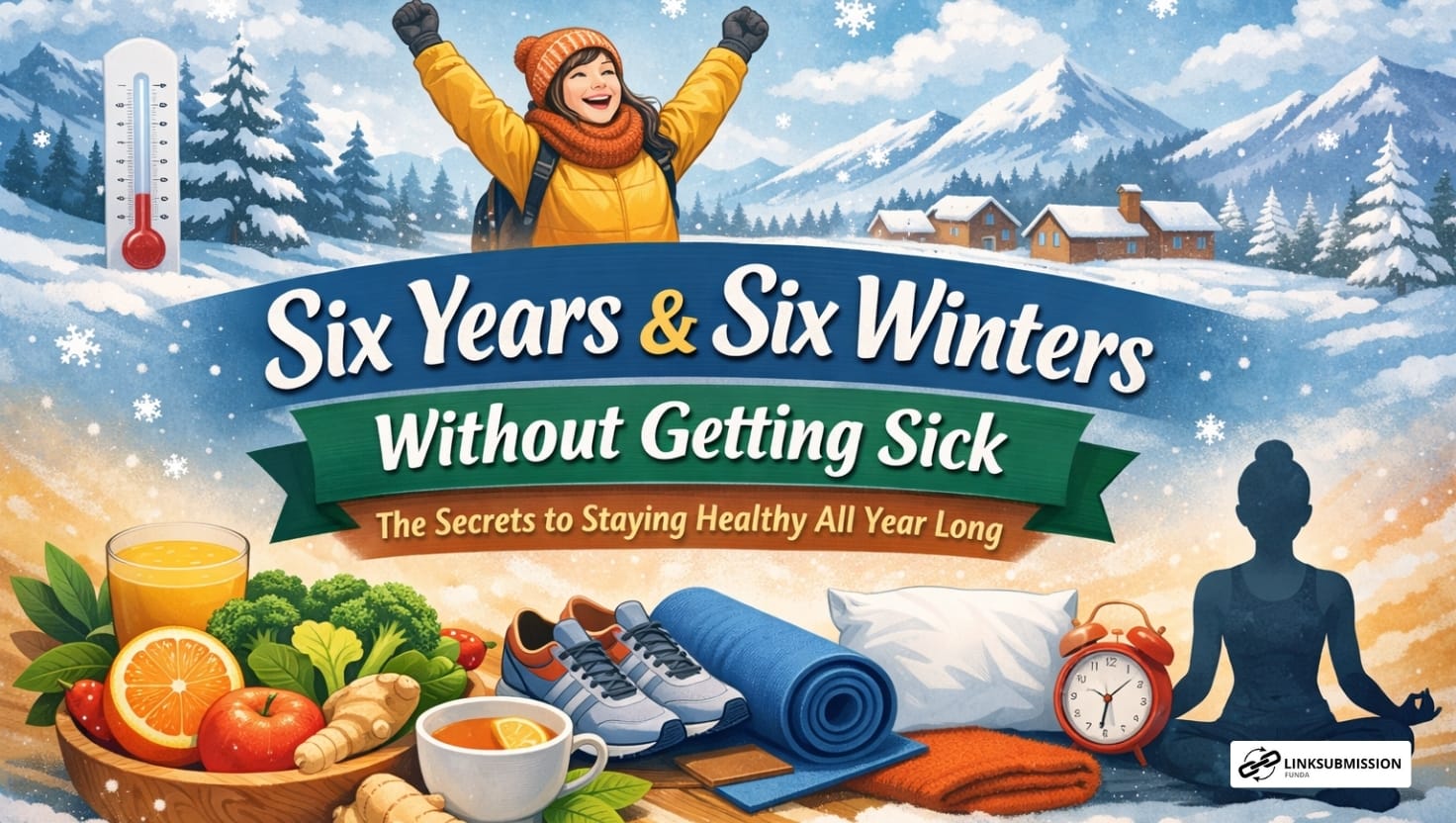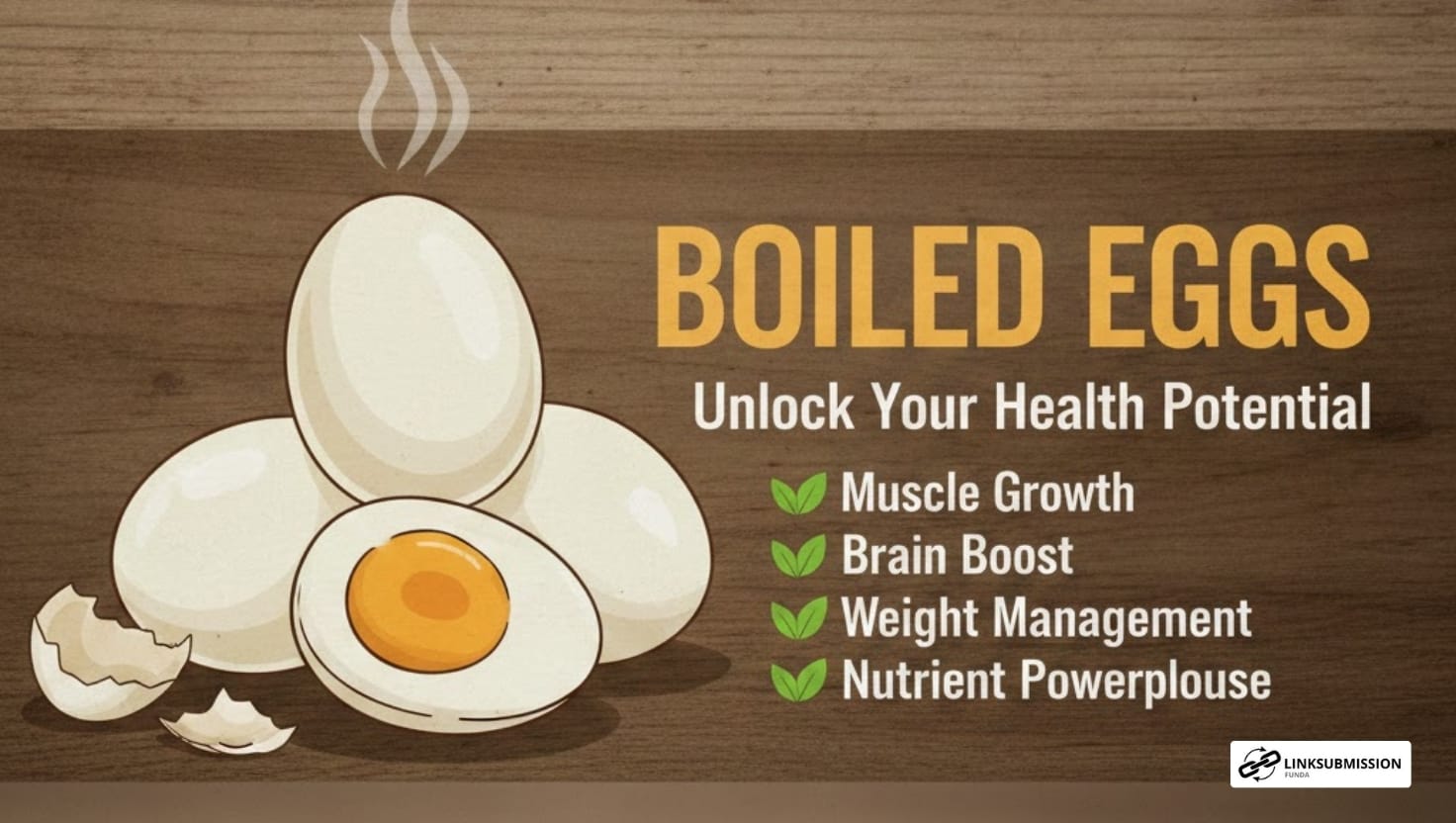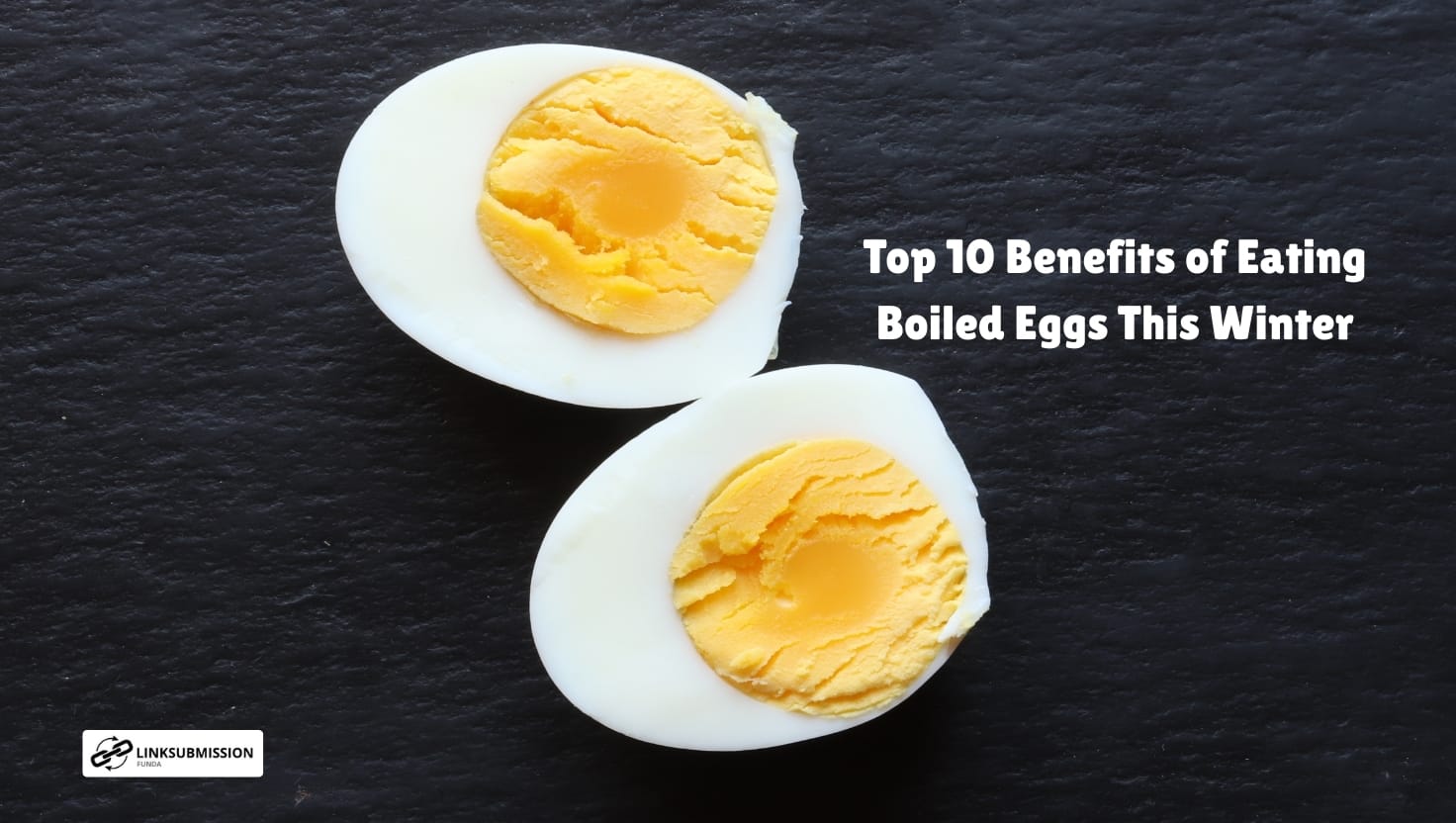When people talk about aging, they often refer to their chronological age — the number of years since birth. However, this number may not truly reflect the state of a person’s health or vitality. That’s where biological age comes into play. Biological age is a measure of how well or poorly your body is functioning relative to your actual calendar age. In many ways, it is a more accurate representation of your true age — and it can vary significantly from your chronological age depending on various factors like lifestyle, genetics, and environment.
What Is the Biological Age?
Biological age, also known as physiological age, is determined by assessing the condition of your body’s cells, tissues, and systems. While two individuals might both be 40 years old in chronological terms, one might have the health profile of someone in their early 30s, while the other might show signs typical of someone in their late 50s.
This measurement is not based on a single factor. Instead, it’s determined using various biomarkers, including:
- Blood pressure
- Blood sugar levels
- Cholesterol
- Inflammatory markers (like C-reactive protein)
- Lung capacity
- Cognitive function
- Skin elasticity
- DNA methylation (a cutting-edge method involving epigenetic changes)
Why Biological Age Matters
Biological age gives us insight into how fast or slow our body is aging. If your biological age is lower than your chronological age, it typically means you’re in good health and your risk of age-related diseases is lower. On the other hand, a higher biological age may signal underlying health issues or risk factors for conditions like heart disease, diabetes, or cognitive decline.
Knowing your biological age can help guide your health decisions. For example, if a 45-year-old discovers their biological age is 55, they may be motivated to make lifestyle changes such as quitting smoking, improving their diet, or increasing physical activity.
Factors That Influence Biological Age
Numerous variables affect your biological age — some within your control, and others that are not:
1. Lifestyle Choices
- Nutrition: Diets rich in processed foods and sugar can accelerate aging, while a diet full of whole foods, vegetables, and healthy fats may slow it down.
- Exercise: Regular physical activity helps maintain muscle mass, reduce inflammation, and support heart health.
- Sleep: Quality sleep allows the body to repair itself, impacting everything from brain function to cellular regeneration.
- Stress Management: Chronic stress increases the production of cortisol, which is linked to faster aging.
- Smoking & Alcohol: Both have been shown to increase biological significantly.
2. Genetics
- While you can’t change your genes, understanding your family history can give you a clearer picture of potential risks and how aggressive you need to be with preventive care.
3. Environment
- Exposure to pollution, toxic substances, and ultraviolet (UV) rays can contribute to oxidative stress, which accelerates cellular aging.
4. Mental Health and Social Connection
- Emotional well-being and strong social ties have been linked with longer, healthier lives. Loneliness and depression, on the other hand, are associated with a higher biological ages.
Measuring Your Age
Several companies and research labs offer biological age tests, often based on DNA methylation (like the Horvath Clock), blood biomarkers, or even facial analysis via AI. These tests aren’t diagnostic but can offer useful insights into your overall health trajectory.
Medical professionals can also provide a more comprehensive picture through physical exams, lab tests, and functional assessments.
Can You Reverse Your Biological Age?
Interestingly, yes — to some extent. Scientific studies show that certain interventions can slow down, and in some cases, reverse biological aging. A 2020 study published in Aging Cell found that a combination of growth hormone, metformin, and lifestyle interventions could reduce biological age markers by over two years in just one year of treatment.
However, the most accessible way to reduce age remains consistent, healthy lifestyle choices:
- Eat a balanced, anti-inflammatory diet
- Exercise regularly (aerobic + strength training)
- Sleep 7–9 hours a night
- Stay socially and mentally active
- Avoid harmful substances
- Manage stress through mindfulness or therapy
Final Thoughts
Biological age is a powerful concept that shifts the focus from how old we are to how healthy we are. It emphasizes prevention, lifestyle, and personal empowerment in managing the aging process. While we can’t stop time, we can influence how gracefully we age by making informed, health-conscious decisions. Monitoring age can be a motivating tool in our pursuit of long, vibrant lives — where how we feel and function matters more than the number on our birthday cake.





